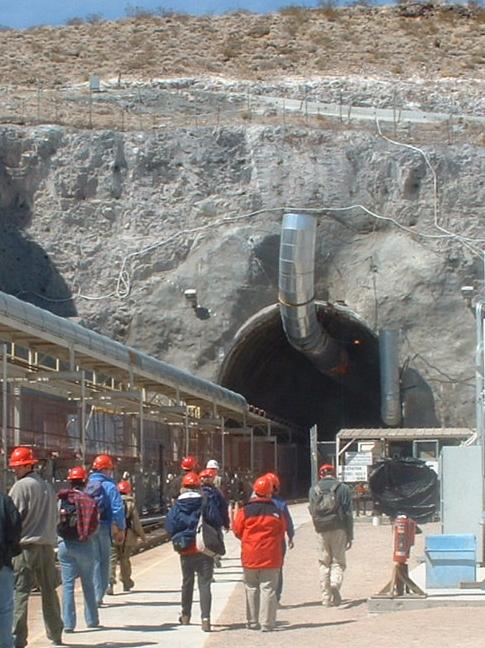
The Energy Department would get no money to turn Yucca Mountain in Nye County, Nev., into a permanent nuclear-waste disposal site under a roughly $30-billion agency budget the Senate Appropriations Committee approved Thursday.
The committee signaled its intention…